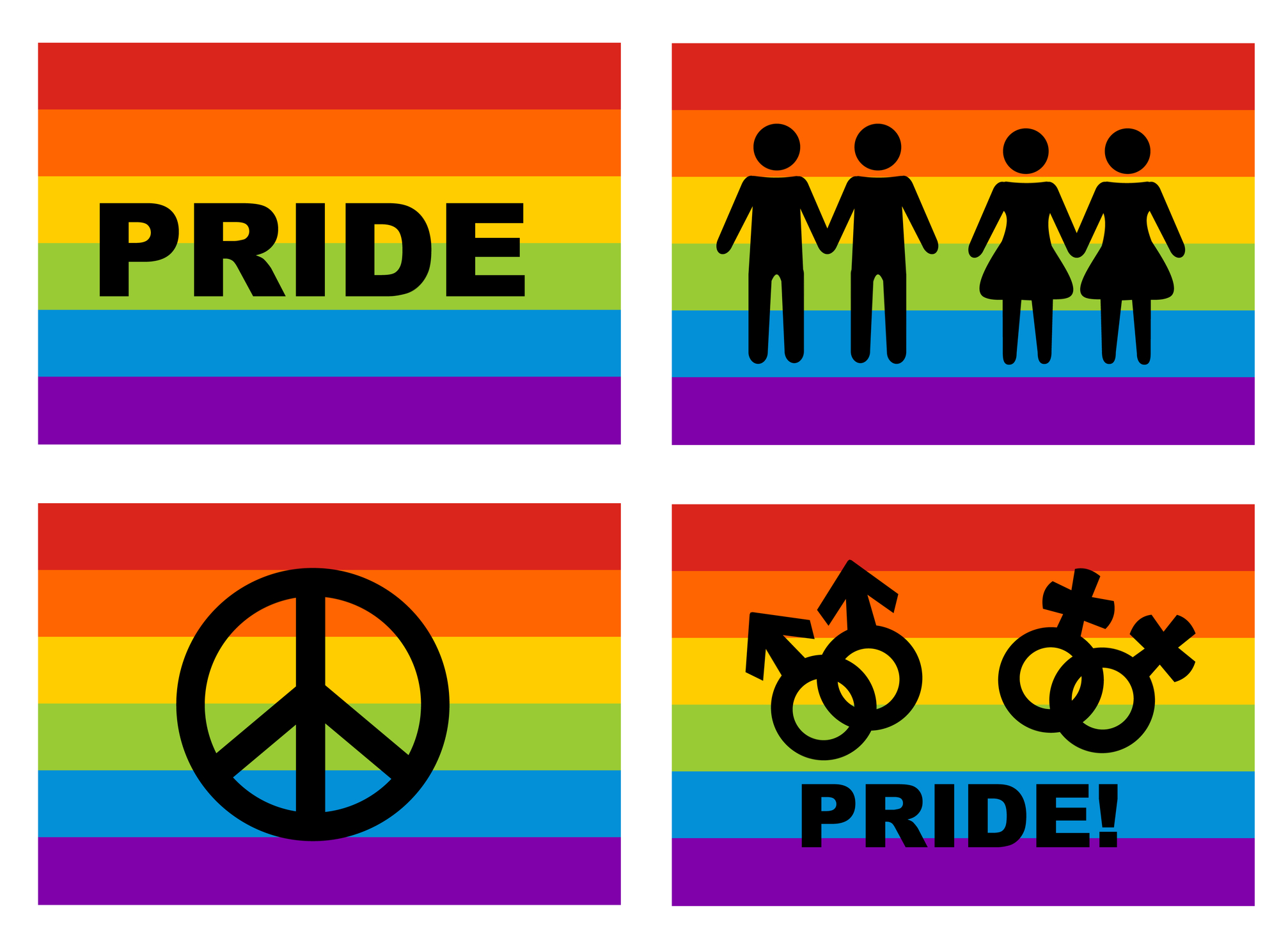![]()
Table of Contents
Most people hear the phrase “prenuptial agreement” and immediately think of celebrities. Taylor Swift and Travis Kelce get engaged and suddenly the news cycle is buzzing about what their prenup might look like. But here’s the thing: prenups aren’t just for the rich and famous. They’re for everyday couples who want clarity, fairness, and peace of mind when entering marriage. And the truth? Prenuptial agreements work — if they’re done right.
Quick Takeaway For Prenuptial
tal Agreements
Prenuptial agreements are a legal contract made before marriage that sets out how assets, debts, and sometimes support will be handled if things don’t work out. If they are signed after the marriage they are called “post-nuptial agreements.” Same document, different name and signed at a different time.
But not every prenup survives a challenge in court. Recent appellate and trial courts in New York have reminded us: the agreement has to be specific, fair at the time of signing, and not the product of coercion or trickery. If it’s vague, unfair, or sloppy, judges won’t hesitate to toss parts — or even the whole thing — out.
What the Courts Are Saying Lately About PreNuptial Agreements
- Specificity Matters. In one recent appellate decision, a couple fought over the sale of a condo. The prenup spelled out a very particular dollar limit on the wife’s share. Because that language was clear, the court enforced it exactly as written. The lesson? If your prenup treats one asset differently (like a house), spell it out in black and white.
- Fairness Counts. In another case, a wife who gave up her career to raise children later suffered a stroke. Her prenup had waived spousal maintenance and defined marital property so narrowly that she ended up with nothing. The court stepped in, calling that result unconscionable, and awarded her support. Judges will not leave one spouse destitute.
- Vagueness is a Killer. A different trial court tossed a prenup because its terms were “vague and undefined.” On appeal, the higher court sent it back — but only to see if the parties’ intent could be salvaged. Ambiguity leads to litigation. If the agreement isn’t clear, expect a fight.
- Cultural or Religious Agreements. In a case involving an Islamic Mahr agreement, the husband argued it covered everything from property division to maintenance. The court disagreed — because the document didn’t explicitly waive those rights. Again, specificity is everything.
- Independent Counsel Matters. More than once, courts have been asked to rule on prenups signed without both parties having lawyers. Judges consistently say: you don’t have to hire a lawyer, but if you don’t, you can’t later claim you didn’t understand what you signed. Still, the lack of independent counsel combined with unfair terms often raises red flags.
- Valuation Dates. Another appellate court upheld a prenup that set a very precise trigger date for valuing property. Even though one spouse thought the result was unfair after ten years of litigation, the court said: a deal is a deal when the language is unambiguous.
So, What Does This Mean for You?
If you’re considering a prenuptial agreement in New York, the bottom line is this:
- Be clear about what the agreement covers.
- Be fair when signing it.
- Don’t cut corners — especially when it comes to legal advice.
- Understand that while you can sign a prenuptial agreement after marriage (that’s called a postnuptial agreement), the same rules of fairness and clarity apply.
Judges don’t like surprises, and they really don’t like agreements that leave one spouse impoverished while the other walks away with everything.
Frequently Asked Questions
What is a prenuptial agreement in marriage?
It’s a contract made before marriage that sets out how assets, debts, and sometimes alimony will be handled if you divorce or separate.
How does a prenuptial agreement work?
It works by clearly defining separate vs. marital property, setting financial expectations, and sometimes waiving or limiting spousal support. If drafted properly, courts will enforce it.
Can you get a prenuptial agreement after marriage?
Yes — that’s called a postnuptial agreement. The same fairness and clarity requirements apply.
Does a prenup cover a house?
Yes, but only if it’s spelled out. If one spouse contributes money toward a home and the title is in the other’s name, unclear language will cause fights later.
What are the pros and cons of a prenuptial agreement?
- Pros: clarity, protection of premarital assets, reduced litigation, peace of mind.
- Cons: awkward conversations, potential challenges in court if the agreement isn’t fair, and sometimes the perception that you don’t trust your partner.
Do I need a lawyer for a prenup?
Technically no, but practically yes. Courts strongly prefer that both parties had independent counsel. It’s the best way to avoid claims of coercion or unfairness later.
Final Thought
Prenuptial agreements aren’t about planning for divorce. They’re about planning for marriage with eyes wide open. If you want your prenup to work, it must be specific, fair, and carefully drafted. Don’t rely on a template pulled from the internet — those are lawsuits waiting to happen.
Call Port and Sava at (516) 352-2999 for a Free 15 Minute Telephone Consultation. We help you get on with the rest of your life.


![Do I Have to Pay Child Support if I’m Not the Biological Father? The 3 Critical Facts [2025 Legal Guide] Metaphorical picture of the child support obligation when a perosn is not the biological father.](https://nydivorcefacts.com/wp-content/uploads/2025/08/Estoppel.png)

![The Critical Factors On How Domestic Violence Affects Child Custody and Visitation Rights in NY [2025 Guide] Domestic violence affects Child Custody](https://nydivorcefacts.com/wp-content/uploads/2025/03/a3295ac6-eaea-4c38-901c-4d8562f852e5-218x150.png)



















